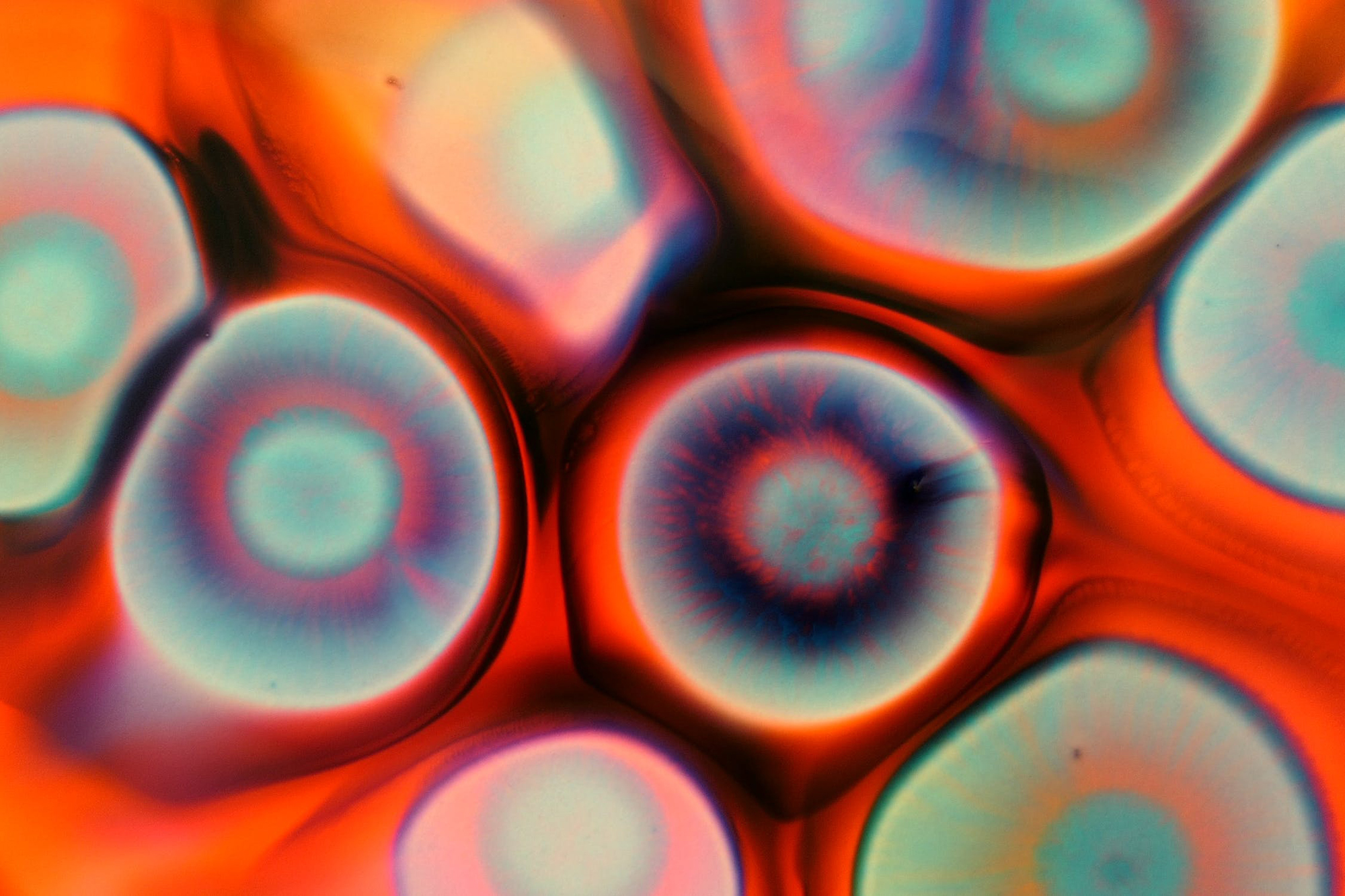
Rare disease: A model for patient participation in medical communication activities
The last day of February is Rare Disease Day, falling appropriately this year on the 29 February. Appearing only once every 4 years gives this day an occurrence of 1 in every 1,060 days. While the rarest day, this occurrence is technically too common to meet the definition of ‘rare’ as it applies to rare diseases, which affect <1 in every 2,000 people.

Such low incidence rates bring about particular challenges for treatment and disease management. Due to a lack of awareness and resources, patients often wait longer for diagnoses, travel further for specialist treatment, and spend longer searching for adequate therapy than patients with more common conditions. Therefore, it is perhaps unsurprising that patients with rare diseases, and their parents and carers, often develop a deep understanding of their own disease and play a large role in their own care. This, alongside their personal experience of living with and managing the disease, gives patients with rare diseases a unique experience that can be invaluable for patient advocacy targeted at both the public and clinicians, bringing voices to diseases that are typically underserved and underappreciated.
In the rare disease sphere, there is a growing interest in involving this expertise in communications, giving patients and carers opportunities in outreach activities as advocates and experts in their own disease. Patient experiences cover a far wider scope than just the clinical, involving coordinating across a range of different clinical specialists and care providers, and dealing with everyday issues such as arranging lifestyle accommodations, travelling to specialist centres, and the economic and social impact of the disease. These are aspects outside the strictly pharmaceutical setting, yet they affect the patient’s requirements from their medical care and can have a marked impact on what they need from therapy.
Over my years working in rare diseases in medical communications, I’ve experienced patients giving presentations at congresses, sitting on advisory boards and steering committees, and I’ve even worked with patients to prepare articles detailing their approaches to treatment and experiences of care. Patients provide a unique and valuable perspective to both clinicians and pharmaceutical companies, able to identify areas of additional medical need or required medical and social support from a personal perspective. In the context of setting up clinical trials, patients can provide invaluable insights to improve trial retention rates and therapy adherence. Some patients are heavily involved in advocacy or outreach, and can provide a wider perspective on communicating the impact and management of their illness to both patients and clinicians.
This increase in patient involvement is not without challenges. The attendance of a patient expert at an advisory board or clinical steering committee raises additional compliance considerations, while publications of patient questionnaires and case studies need contextualisation and discussion to ensure they meet the relevant clinical standards of evidence. The knowledge gained from facing and addressing these challenges in the sphere of rare diseases can feed back to other therapy areas, encouraging and increasing patient engagement throughout the medical sector. As I’ve found from my personal work, the added benefits of patient involvement make it well worth finding solutions.
This year, I made the decision to become part of the rare disease specialist network at Bioscript Group, to share insights and solutions for working in rare diseases. Sharing our experiences of working with patient advocacy groups, charities and communities, as well as exploring new ways to include patient involvement within communications is an important part of the network. As the network develops, we aim to connect our specialist knowledge with tech enabled insights from around the company, to help us deliver the highest possible standards centring patient care within our everyday work.
For information about Bioscript Group services and how we could support you, please get in touch here: https://bioscriptgroup.com/contact/and our expert team will help in any way possible.
Shuna Gould,
Editorial Team Leader at Bioscript Group



